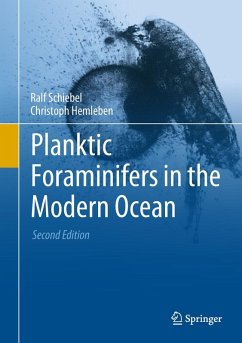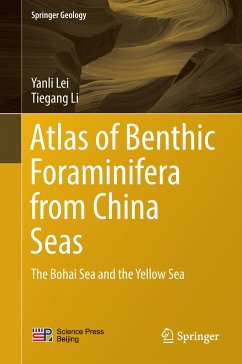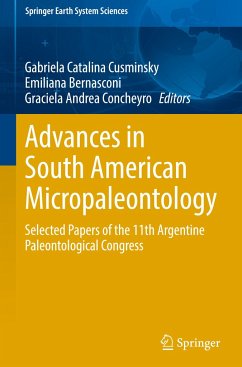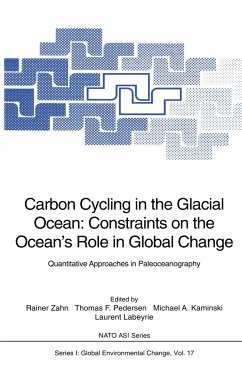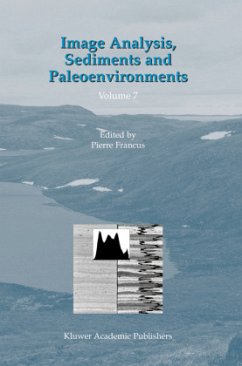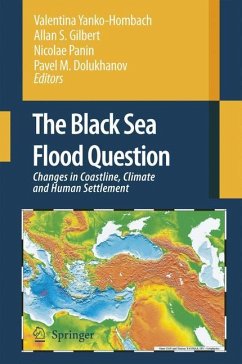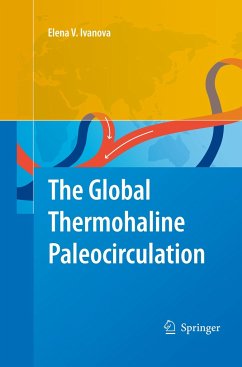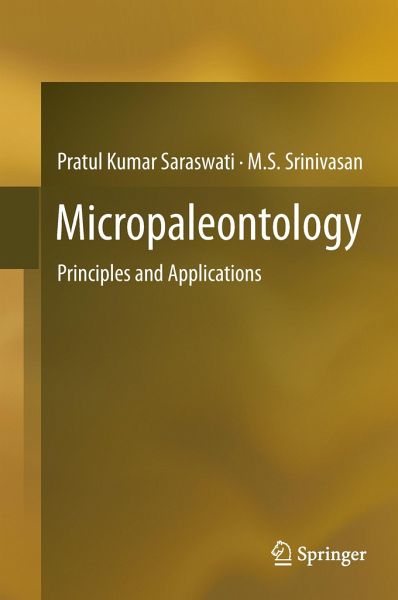
Micropaleontology
Principles and Applications
Herausgeber: Srinivasan, M. S.
Versandkostenfrei!
Versandfertig in 6-10 Tagen
68,99 €
inkl. MwSt.
Weitere Ausgaben:

PAYBACK Punkte
34 °P sammeln!
This book will help readers learn the basic skills needed to study microfossils especially those without a formal background in paleontology. It details key principles, explains how to identify different groups of microfossils, and provides insight into their potential applications in solving geologic problems. Basic principles are addressed with examples that explore the strengths and limitations of microfossils and their geological records. This overview provides an understanding of taphonomy and quality of the fossil records, biomineralization and biogeochemistry, taxonomy, concepts of spec...
This book will help readers learn the basic skills needed to study microfossils especially those without a formal background in paleontology. It details key principles, explains how to identify different groups of microfossils, and provides insight into their potential applications in solving geologic problems. Basic principles are addressed with examples that explore the strengths and limitations of microfossils and their geological records. This overview provides an understanding of taphonomy and quality of the fossil records, biomineralization and biogeochemistry, taxonomy, concepts of species, and basic concepts of ecology. Readers learn about the major groups of microfossils, including their morphology, ecology, and geologic history.
Coverage includes: foraminifera, ostracoda, coccolithophores, pteropods, radiolaria, diatoms, silicoflagellates, conodonts, dinoflagellates, acritarch, and spores and pollens. In this coverage, marine microfossils, and particularly foraminifera, are discussed in more detail compared with the other groups as they continue to play a major role in most scientific investigations. Among the various tracers of earth history, microfossils provide the most diverse kinds of information to earth scientists. This richly illustrated volume will help students and professionals understand microfossils, and provide insight on how to work with them to better understand evolution of life, and age and the paleoenvironment of sedimentary strata.
Coverage includes: foraminifera, ostracoda, coccolithophores, pteropods, radiolaria, diatoms, silicoflagellates, conodonts, dinoflagellates, acritarch, and spores and pollens. In this coverage, marine microfossils, and particularly foraminifera, are discussed in more detail compared with the other groups as they continue to play a major role in most scientific investigations. Among the various tracers of earth history, microfossils provide the most diverse kinds of information to earth scientists. This richly illustrated volume will help students and professionals understand microfossils, and provide insight on how to work with them to better understand evolution of life, and age and the paleoenvironment of sedimentary strata.



